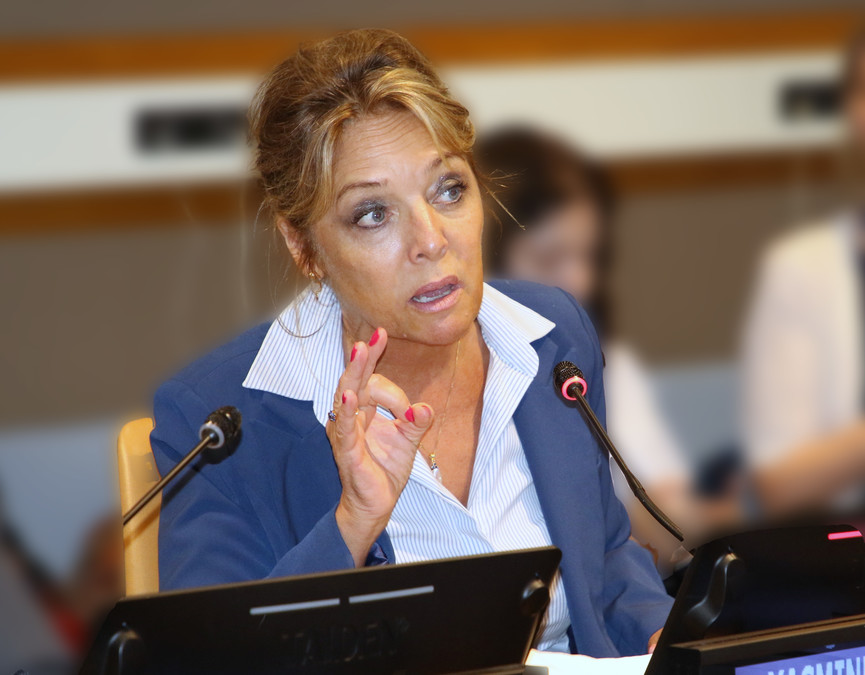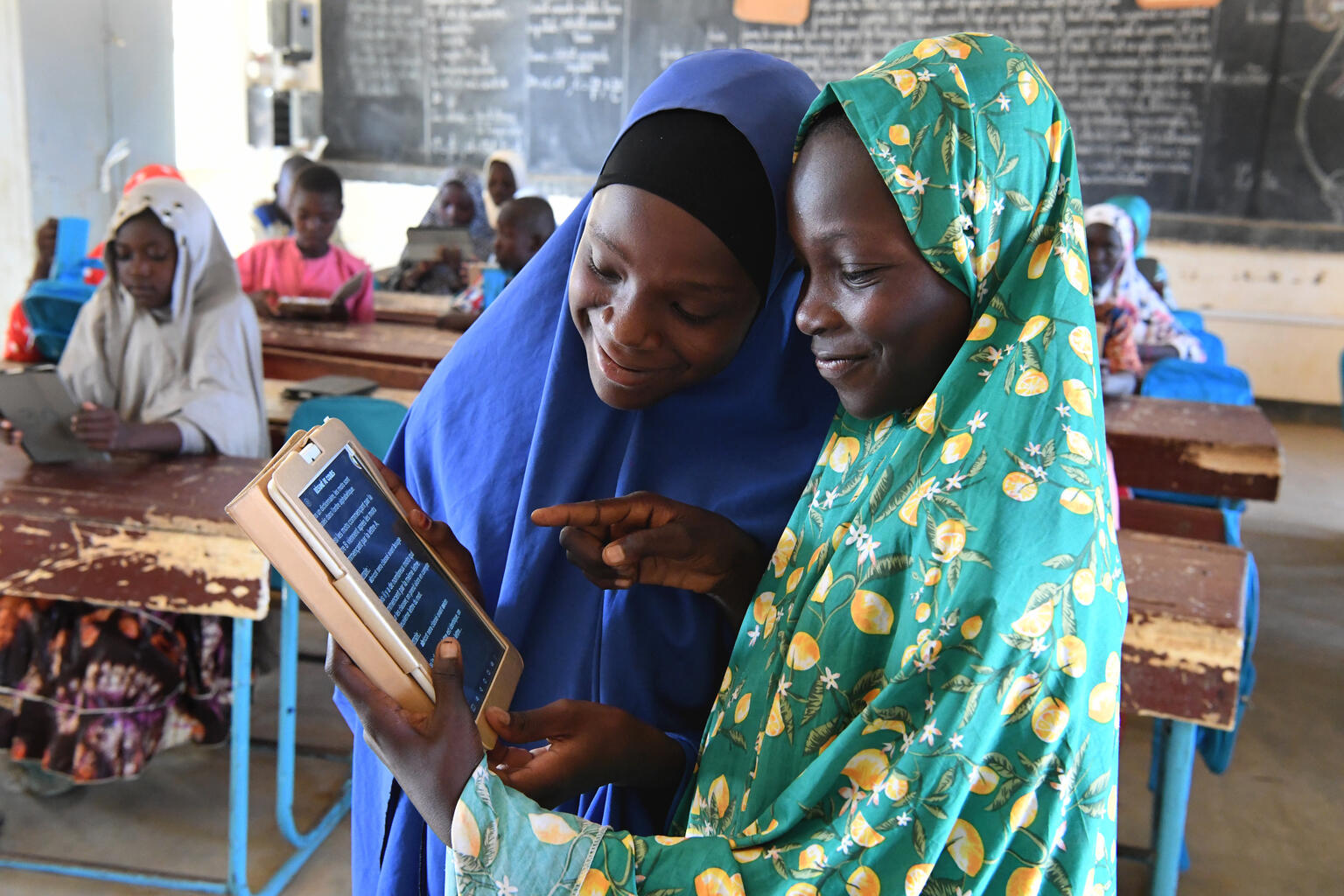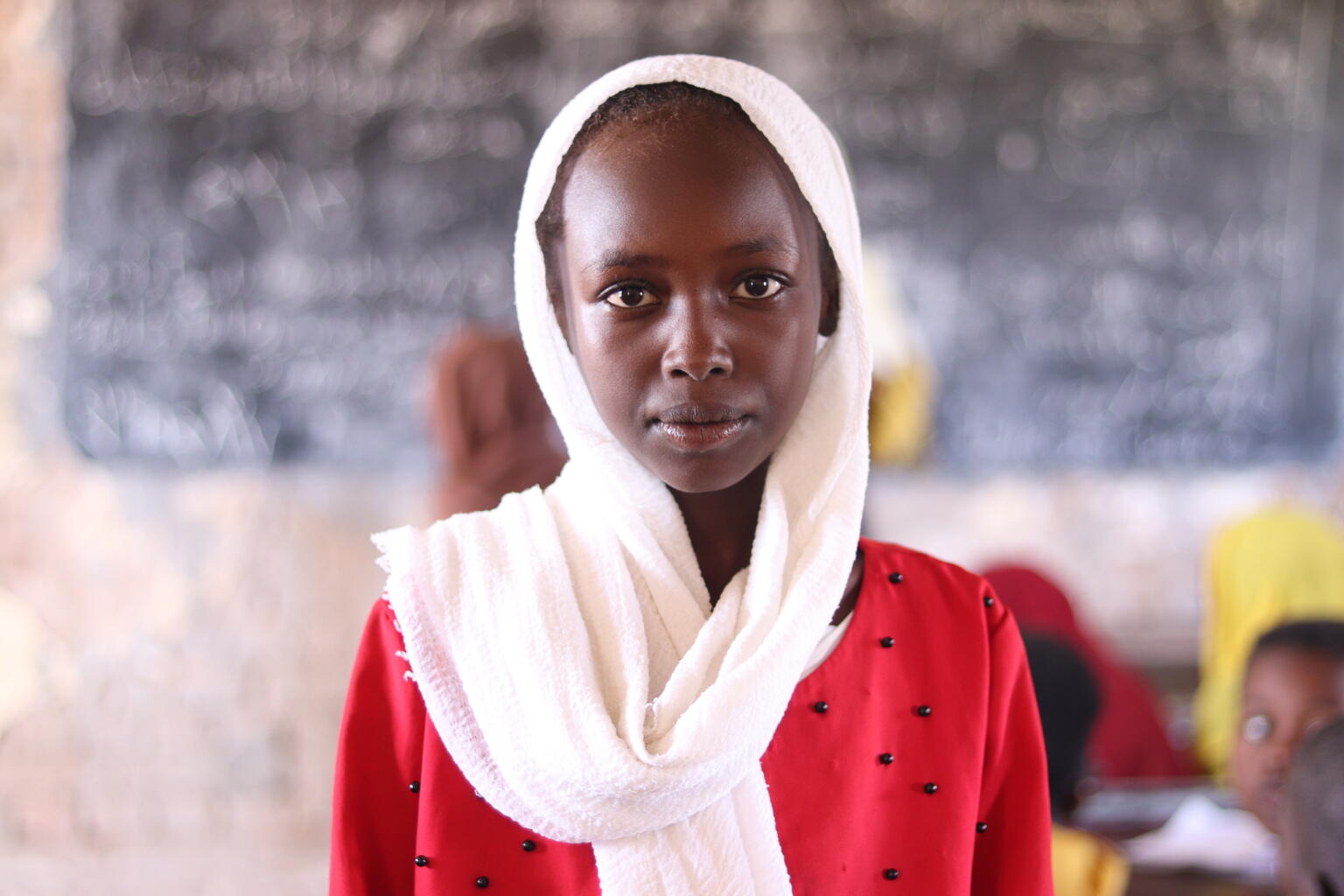Our Case for Investment in Education is Our Case for Humanity

Originally published on Modern Diplomacy.
As world leaders gather at this year’s UN General Assembly and work to make good on commitments outlined at the Secretary-General’s Transforming Education Summit, we are calling on all of them to put education – especially for the 222 million crisis-impacted children that are in need of urgent education support – at the top of the international agenda.
Investing in education means investing in humanity. It means investing in a peaceful and prosperous future. It means investing in human rights and our global promise to deliver on the Sustainable Development Goals by 2030, especially our goal of quality education for all (SDG4).
From a 50,000-foot perspective, investing in education means investing in strong nations and in resilient economies for generations to come.
As the UN’s global fund for education in emergencies, Education Cannot Wait (ECW) launched our Case for Investment and 2023-2026 Strategic Plan during this year’s General Assembly.
Our case for investment is our case for building peace where there is war, prosperity where there is poverty, and hope where there is despair. Our case for investment is our case for realizing 222 Million Dreams for the children and youth impacted by conflict, climate change, forced displacement and other protracted crises.
From our very human vantage point, this support is ensuring refugee girls like Bchiote and Janat Ara are able to go to school to develop to their full potentials and become productive contributors to their society. ECW works through a holistic, whole-of-child approach. It’s not just about books and classrooms – because all too often education goes beyond learning in crises: education is also lifesaving and life-sustaining. This is why ECW interventions embrace a broad spectrum of support, ranging from providing safe and protective learning spaces to mental health and psycho-social support; from providing school feeding to helping build disaster preparedness in the face of the climate crisis.
Addressing the Education Crisis
Today we have a perfect storm of a global education crisis coinciding with a global funding crisis. The solution is to scale-up funding to education. From there, all else can be achieved. Without education, all else is elusive – whether it is human rights or the sustainable development goals. It all starts with an education.
It’s hard to believe that even today, education in emergencies and protracted crises only accounts for approximately 2% to 4% of global humanitarian funding. And while we have seen a noticeable positive trend in commitments, funding appeals have skyrocketed to more than US$2.9 billion in 2021, compared to US$1.4 billion in 2020. The value of 222 million children and youth enduring conflicts, climate disasters and forced displacement is priceless and never too costly. They are our investment in humanity – theirs and our own.
The world is getting hotter, more crowded, more violent and more inhumane by the minute. By investing in education, we are removing the dark veil of inaction and inequality that has stripped millions of the world’s most vulnerable children and adolescents of their basic human rights.
Most concerning, we seem to be back-sliding on our commitments to ensure quality education for all. When ECW was formed in 2016, approximately 75 million crisis-impacted children were in need of educational support. Recent analysis indicates that number has nearly tripled to 222 million today, including 78 million who are out of school entirely.
The COVID-19 pandemic has only deepened the global learning crisis. In 2020 and 2021, 147 million children missed over half of in-person instruction, and as many as 24 million learners may never return to school, according to the United Nations.
Transformational Approaches
As we grapple with war in Ukraine, the spectre of famine across much of the Sahel, armed conflicts, massive displacement and the truly apocalyptic impacts of the climate crisis, we are faced with tough choices in aligning humanitarian, development and private sector funding.
As a crosscutter that delivers returns far beyond the classroom, education has a tremendous return on investment.
For every dollar spent on education we receive $2.80 in return. And the World Bank estimates that “limited educational opportunities for girls and barriers to completing 12 years of education cost countries between $15 trillion and $30 trillion dollars in lost lifetime productivity and earnings.”
We must take a transformational approach in our delivery of this support.
One-off responses are no longer enough. Working in silos is no longer viable. Now it is about speed and quality. It is about crisis-sensitive development approaches to education. With US$1.5 billion, ECW can provide 20 million children with holistic education supports. This doesn’t just mean building schools, it means taking a holistic approach and bringing all partners together to providing protection and psychosocial services, gender equality, teacher training, learning materials, school feeding programmes, tests and exams showing advanced learning outcomes, early childhood education and an array of supports that provides whole-of-child solutions to a whole-of-society problem.
Through its leadership of the G7, Germany has stepped up to put education first in its humanitarian spending, with over €300 million in funding to ECW and significant contributions to our partners across the globe.
This support has solidified ECW’s position as a model for UN reform. To date, we have mobilized close US$1.1 billion through our donors, allowing us to reach 7 million children in just five years of operation, and more than 30 million through our COVID-19 responses.
The private sector is joining in. The LEGO Foundation recently announced significant new funding to Education Cannot Wait and other key education initiatives.
Others must stand and be counted. In the 21st Century we stand at a crossroads. We have choices to make.
Do we invest in the young generation or do we ignore their most fundamental right to be educated? Do we invest in the 222 million children and adolescents whose only hope left is that of an education, or do we leave them behind?
The choice we make will determine the future for generations to come. Let us make the right choice. Fund education. Invest in humanity.




